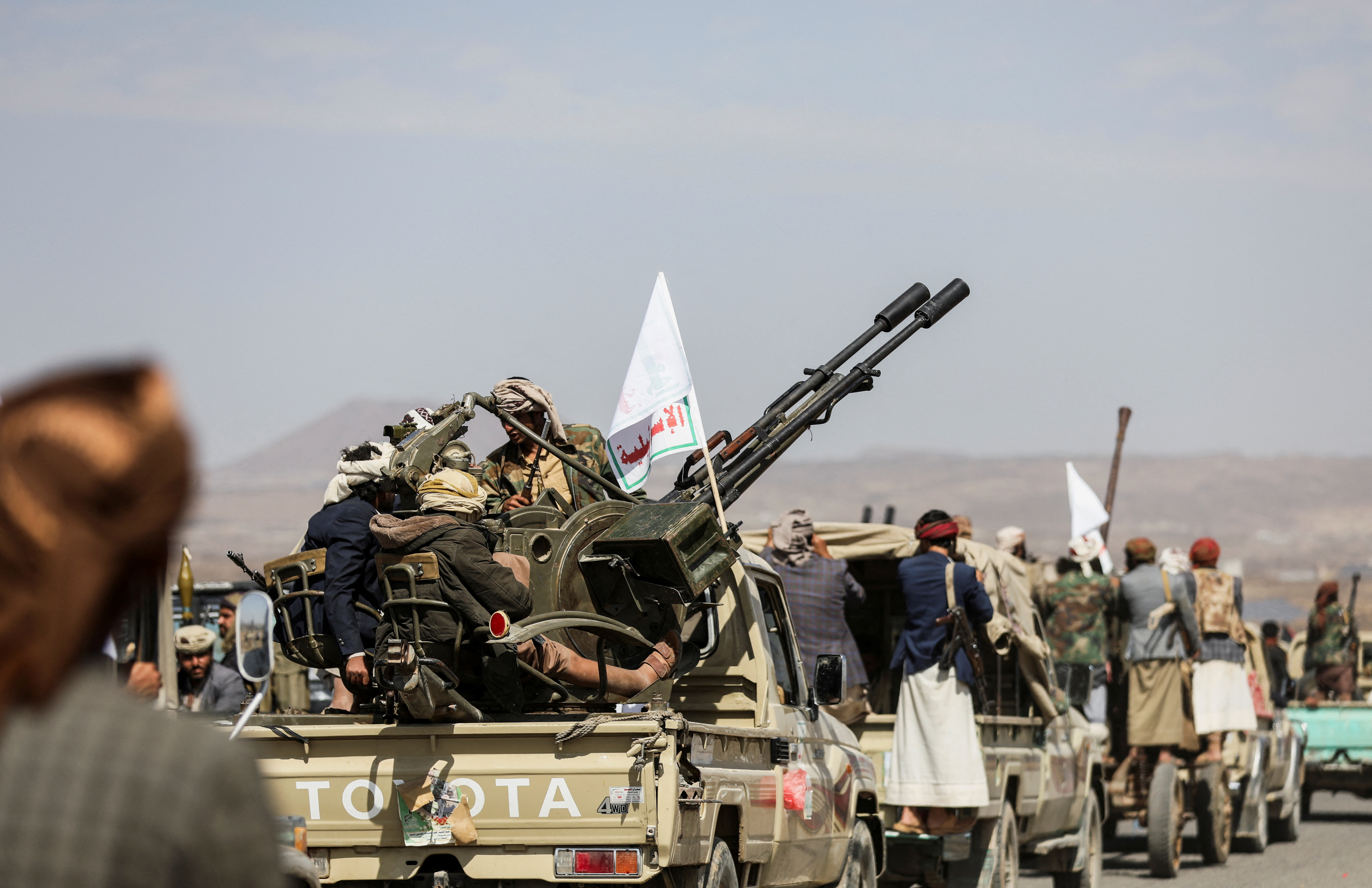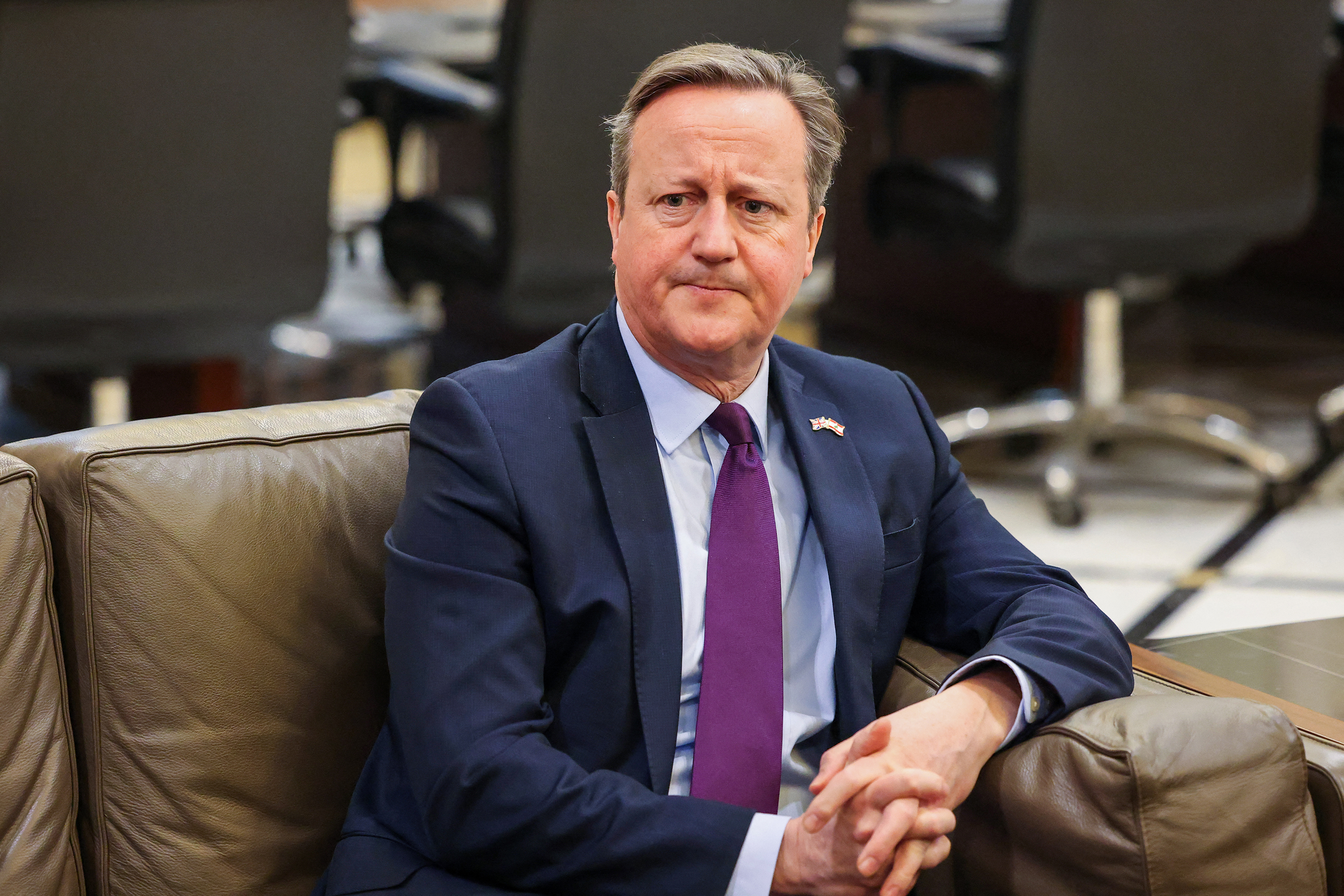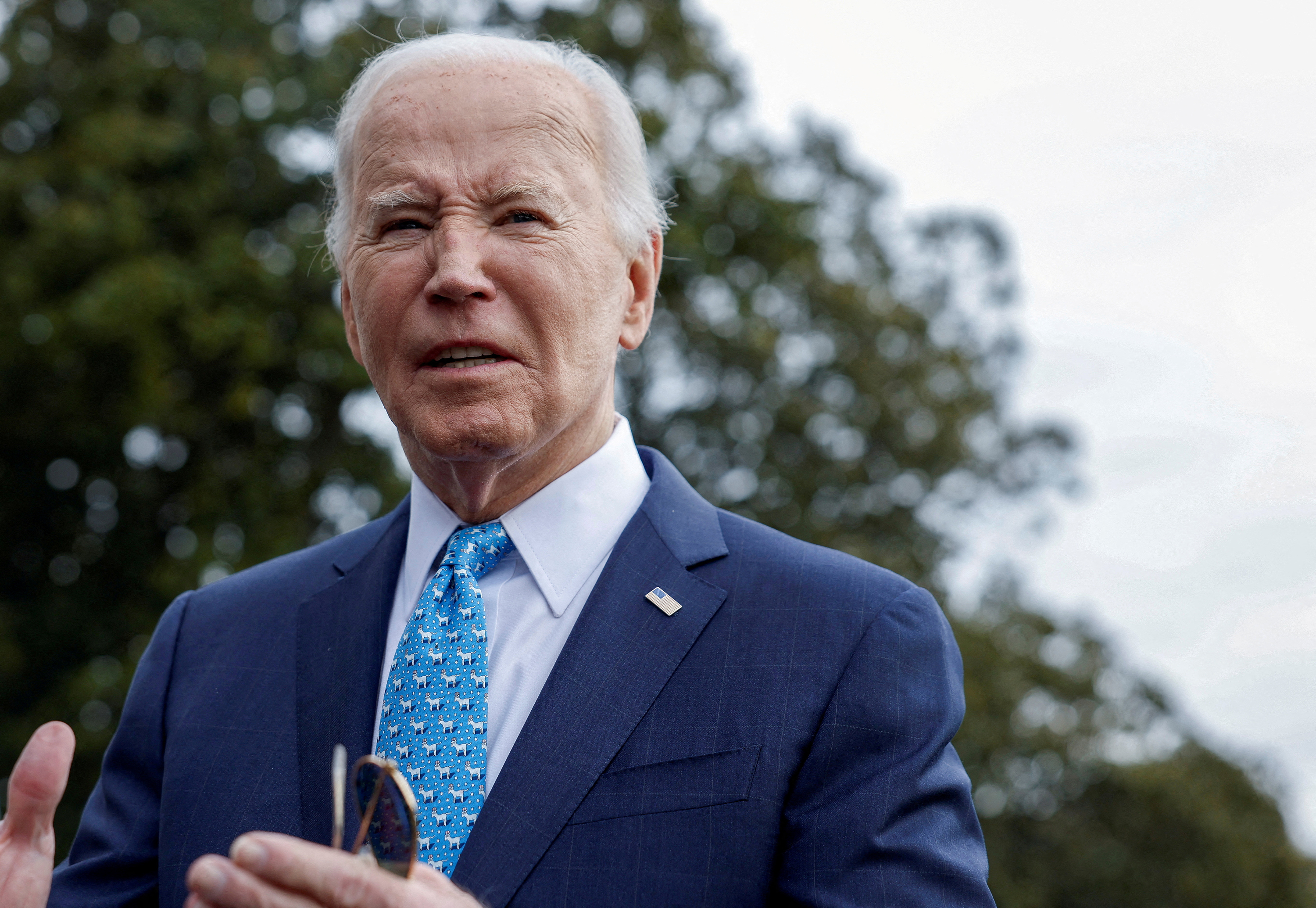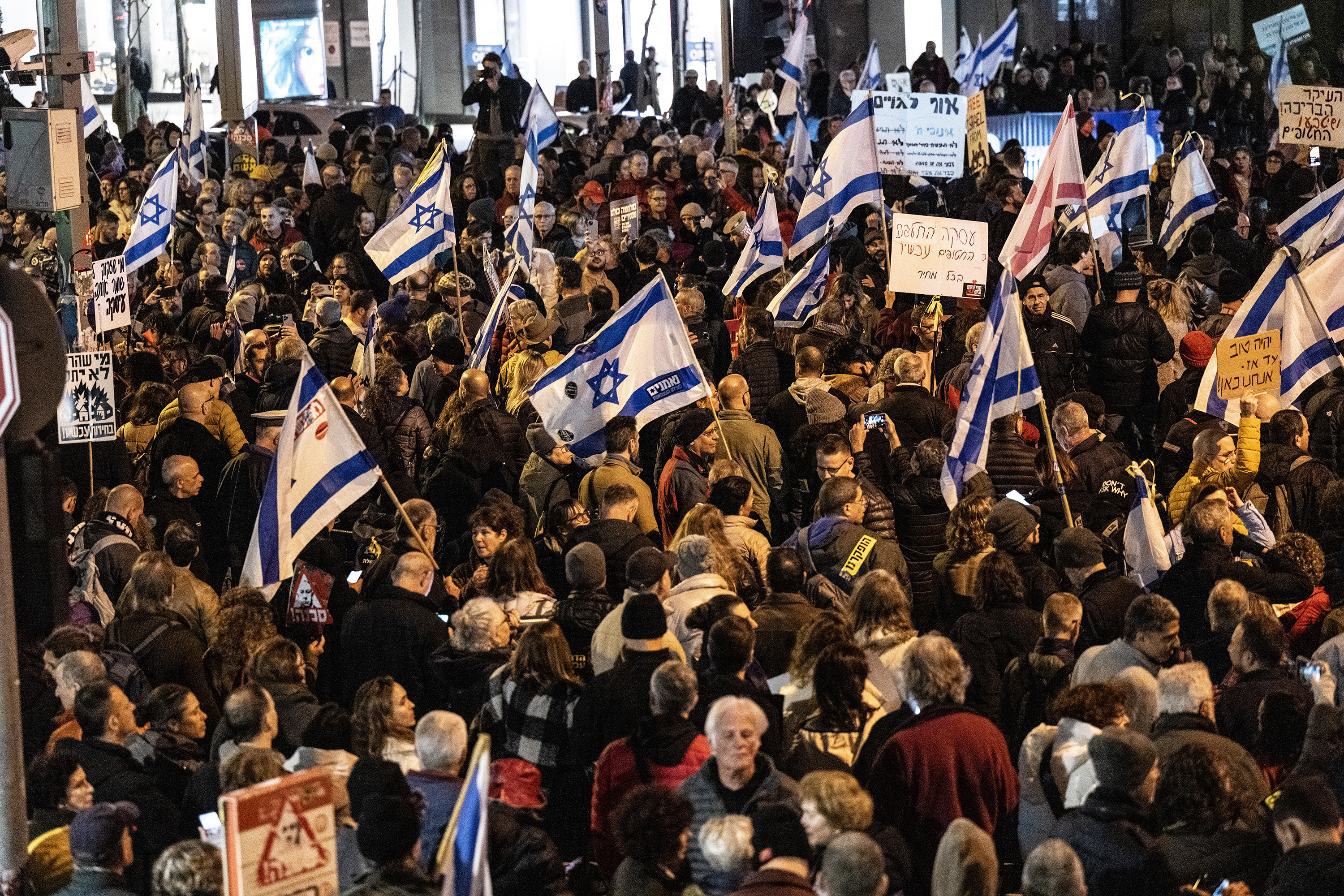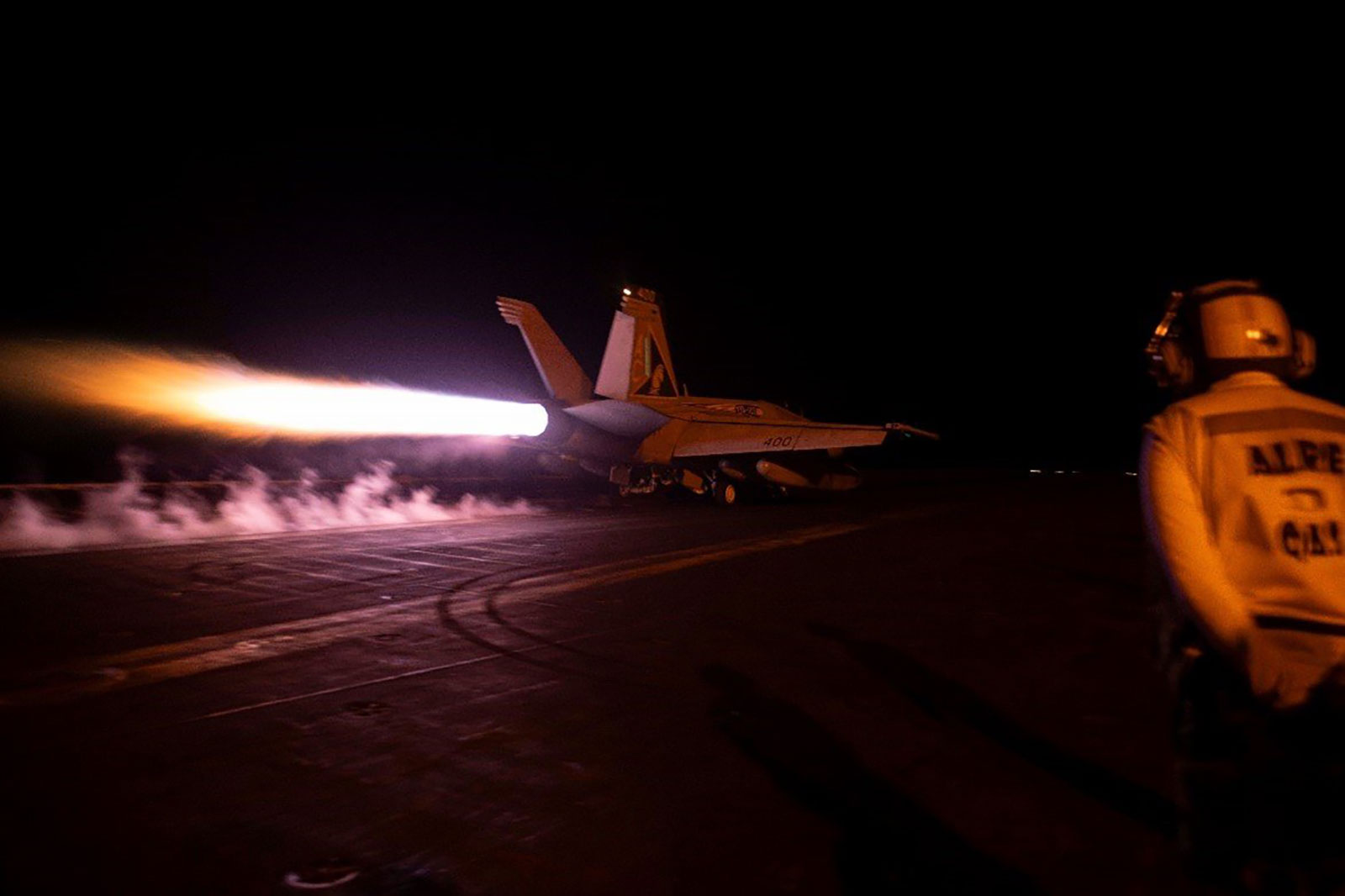The Iran-backed Houthi rebels say they "will meet escalation with escalation" after the US and UK struck at least 36 Houthi targets at several locations in Yemen on Saturday.
The strikes mark a second day of major US operations against Iran-linked militia groups in the Middle East.
Here's what you need to know...
US and UK strikes
Saturday's attack: The US and UK with the support of other countries "specifically targeted sites associated with the Houthis' deeply buried weapons storage facilities, missile systems and launchers, air defense systems, and radars,” according to a joint statement. They said their "aim remains to de-escalate tensions and restore stability in the Red Sea," where the Houthis have been attacking shipping.
Houthis vow to retaliate: In response to the strikes, Mohammed Al Bukhaiti, a member of the Houthi Political Council, wrote on X Saturday that the "American-British aggression against Yemen will not go unanswered," adding that the Houthis's "military operations against Israel will continue until the crimes of genocide in Gaza are stopped."
Houthis had "repeated warnings": On Sunday, British Foreign Secretary David Cameron said the strikes were carried out after "repeated warnings" were issued to the Houthis, whose attacks "must stop." He added that their "reckless actions are putting innocent lives at risk, threatening the freedom of navigation and destabilising the region."
Political solution "difficult": The strikes in Yemen come a day after the US hit at least 85 targets associated with pro-Iranian militia groups in Iraq and Syria in response to a drone strike that killed three American soldiers in Jordan. Iranian Foreign Minister Hossein Amir-Abdollahian said recent strikes by the US in the Middle East, and its decision to designate the Houthis as a terrorist organization, have "complicated the situation and made it more difficult to reach a political solution," according to the state news agency, IRNA.
Gaza conflict
Palestinian death toll rises: Israeli attacks have killed at least 127 people and injured 178 others in Gaza over the past 24 hours, the Hamas-controlled Palestinian Ministry of Health in the strip said Sunday. It added that altogether 27,365 Palestinians had been killed and 66,630 injured in Gaza since October 7.
Biden not giving war "full backing": Israel’s far-right National Security Minister Itamar Ben Gvir told the Wall Street Journal on Sunday that US President Joe Biden is not giving Israel his "full backing" in its war against Hamas. Benny Gantz, a former defense minister and a member of Israel’s war cabinet, called his comments "irresponsible" and urged Israeli Prime Minister Benjamin Netanyahu to “call (him) to order.”
Thousands protest in Israel: For the third weekend in a row, thousands of people took part in demonstrations in parts of Israel on Saturday to demand a change in government and the release of the remaining Israeli hostages in Gaza. Some say the government's actions show that "its citizens are not at the top of its mind,” as anger over Netanyahu’s handling of the hostage crisis rises.
Thousands of Hezbollah targets hit: The Israeli Defense Forces says it has attacked more than 3,400 Hezbollah targets in southern Lebanon and more than 50 in Syria since the war in Gaza broke out on October 7. Spokesperson Daniel Hagari said the aim is to stop Hezbollah's “supply chain of ammunition and missiles” being smuggled from Iran to Syria and then to Lebanon.

